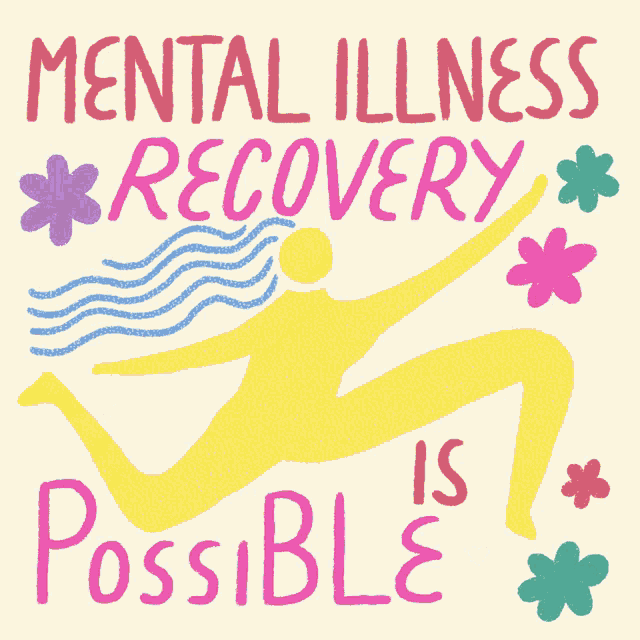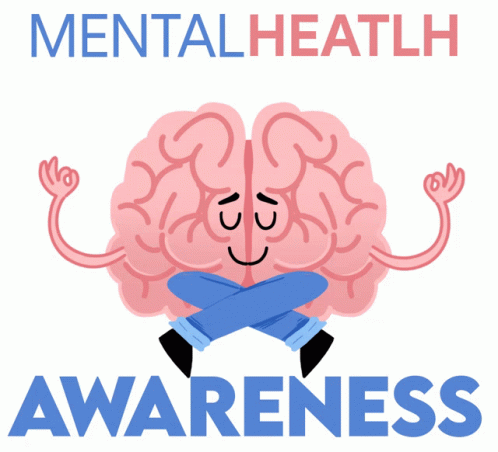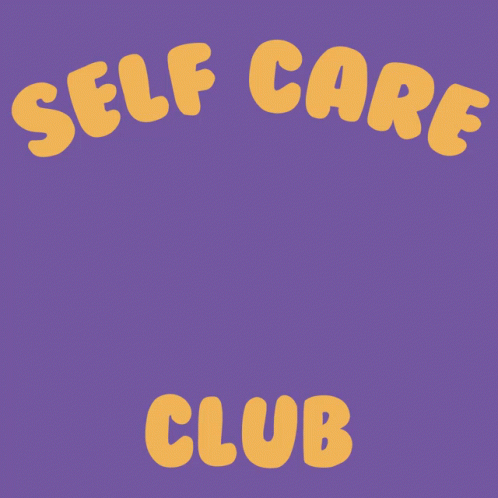



We warmly welcome everyone. Have you ever wondered what kind of disorder you are struggling with? Today’s quiz will help you check if you are struggling with schizophrenia. Check it out for yourself by responding to 20 questions. The test is available to you.
Are you interested in quizzes about mental health? We invite you to check out our Childhood Trauma Quiz. Just click the link and answer all the questions.

A persistent or recurring episode of psychosis is a hallmark of schizophrenia, a mental illness. Hallucinations (often characterized by the hearing of voices), delusions, and disordered thinking are among the main symptoms. Apathy, a reduction in emotional expression, and social isolation are other indications. The majority of the time, symptoms never completely disappear. They often appear gradually, during young adulthood. Diagnoses are formed based on visible behavior, a record that contains the patient’s reported experiences, and accounts from persons who are familiar with the patient; there is no objective diagnostic test. It takes six months (DSM-5) or one month to make the diagnosis of schizophrenia when symptoms and functional impairment are present (ICD-11). Most frequently, drug use, depression, anxiety, and obsessive-compulsive disorders are co-occurring with schizophrenia in patients with other mental illnesses.
Have you been feeling sad lately? Or maybe you feel like you’re constantly tired? Did your hobbies stop to entertain you? Check our quiz to find an answer to the question: Do I Have Depression? Just click the start button and answer twenty questions.
Schizophrenia is a lifelong diagnosis that affects 0.3% to 0.7% of persons. Estimates for 2017 put the number of new cases at 1.1 million, and for the world as a whole in 2022 at 24 million. The beginning time is typically sooner in men and they are more frequently afflicted. Environment and genetic factors are among the causes of schizophrenia. Genetic variables include both common and uncommon genetic variations. Being raised in a metropolis, consuming cannabis as a teenager, contracting an infection, the ages of one’s mother or father, and inadequate nutrition during pregnancy are a few examples of potential environmental influences.
Would you like to find out more about Bipolar? Check our quiz and take this Bipolar Test | Quick & Free!
In the long run, with no more relapses, about half of those with a diagnosis of schizophrenia will experience a considerable improvement. A tiny percentage of these people will fully recover. A lifetime handicap will affect the other half. People might be admitted to hospitals if their conditions are serious. Schizophrenia frequently has links to social issues like long-term unemployment, extreme poverty, homelessness, exploitation, and victimization. People with schizophrenia often have a 20 to 28-year shorter life expectancy than the general population due to greater rates of physical health issues and suicide (approximately 5% overall). According to estimates, schizophrenia was responsible for 17,000 fatalities in 2015.
Check out How psychopathic are you? by taking our quiz! Answer twenty questions and find out just now!
The cornerstone of treatment, along with counseling, job training, and social rehabilitation, is an antipsychotic medication. When an individual doesn’t improve after trying an initial antipsychotic, clozapine may be utilized. Clozapine greatly outperformed all other antipsychotic medications in a network comparative meta-analysis of 15 different antipsychotics, albeit its highly multimodal activity may result in additional adverse effects. When they think there is a risk of harm to oneself or others, doctors may decide to admit a patient for a brief period against their will. Few patients with severe schizophrenia are placed in long-term hospitals. Long-term hospital stays are more typical in some nations with scarce or nonexistent supportive services.
Are you tired lately? Is your mood down? Take this quiz and find out Why Am I So Tired? | Quick & Free Quiz | For Kids, Teens, And Adults.
Significant changes in perception thought mood and behavior are hallmarks of the mental disease schizophrenia. Symptoms can be categorized as positive, negative, or cognitive symptoms. Positive symptoms of schizophrenia are the same as positive signs of any psychosis and are commonly referred to as psychotic symptoms. These can occur in any of the several psychoses and are frequently sporadic, making an early diagnosis of schizophrenia challenging. A first-episode psychosis is when a person experiences psychosis for the first time and is subsequently diagnosed with schizophrenia (FEP).
Find out more about schizophrenia on the official WHO website.
Clinical signs are those that schizophrenia sufferers encounter throughout a psychotic episode but do not generally experience. Delusions, hallucinations, disorganized speech, and cognitive patterns are some of the symptoms of psychosis. Hallucinations, which most usually include hearing voices but may sometimes include any of the remaining senses, happen to 80% of persons with schizophrenia at a certain point in their life. Hallucinations involving several senses occur twice as frequently as those involving a single sense. They frequently have anything to do with the deluded theme’s content as well. Delusions tend to be odd or persecuting. Passivity phenomena, that are delusions of identity like the belief that one’s ideas or emotions are not genuinely their own or the sense that ideas are being pumped into one’s mind, are also common. Disorganized speech and mind blockage are two examples of thought disorders. Positive symptoms typically improve with treatment and decrease throughout the illness, possibly because of the aging-related drop in dopamine activity.
Do you think you may have schizophrenia? Take this schizophrenia test and check it out for yourself today. All you have to do is answer twenty questions in this schizophrenia test and you will be able to learn a lot about your health. Start the quiz and take this schizophrenia test by clicking the button.